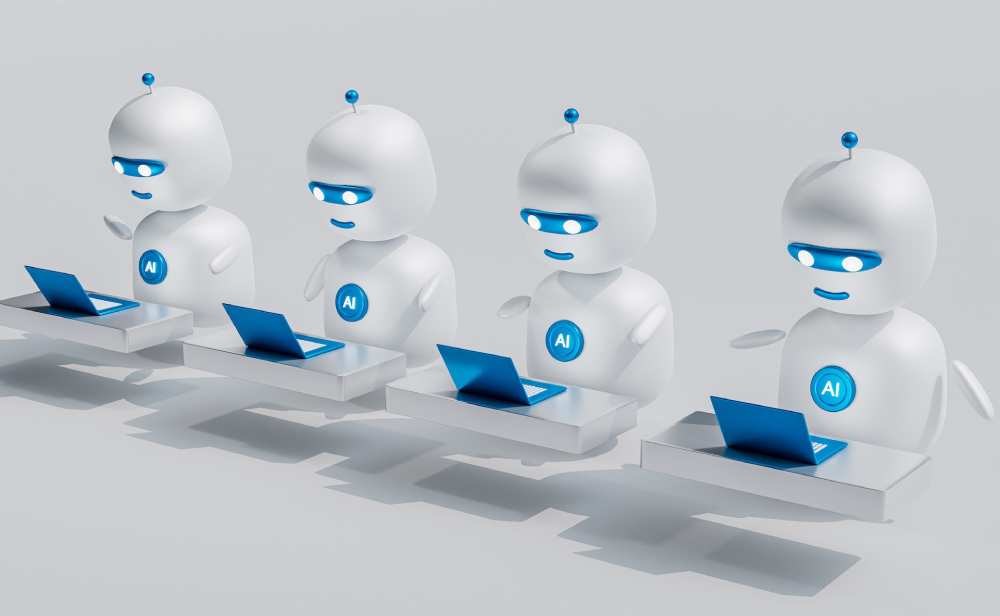Digital marketing teams can use AI to streamline processes and enhance client offerings. But AI isn’t here to replace marketers and creatives – it’s designed to make their jobs easier.
AI automates repetitive tasks and reduces manual errors. It also enables scalable workflows. Real-time monitoring: AI provides data interpretation and alerts marketers to changes.
Automation
AI can automate tasks that have traditionally occupied marketers’ time. By scheduling posts, optimizing times for engagement, and creating content based on audience preferences, automation helps teams save time and focus on the big-picture marketing strategies that require human creativity.
This allows for more effective marketing campaigns by marketing agencies in San Diego that deliver results. It also gives digital marketers a better understanding of what works and why so they can replicate the winning elements of campaigns.
However, the success of any automation depends on how well it complements human marketing capabilities. Over-reliance on this technology could derail marketing strategy goals and damage customer relationships. Human intervention is essential, even simply to plan and set goals. It can also help when AI cannot provide the desired outcomes, such as when responding to customer inquiries.
Data-Driven Insights
AI marketing platforms can comb through massive amounts of data and refine analytics to understand customers more deeply. This allows marketers to create hyper-personalized content that can drive higher conversion rates and a more satisfying return on investment for their clients.
For example, AI can help marketers develop new content ideas by unearthing trends in customer behavior and uncovering their inclinations. This is a fantastic tool for digital marketers who want to produce high-quality content with every campaign.
However, the perks of AI don’t end there. It also helps marketers analyze and interpret their data to make informed strategic decisions about the direction of their business. For example, if a company notices that a particular client is at risk of churning, the system can automatically create and deploy a campaign to encourage them to stay. However, it’s important to note that AI isn’t a set-it-and-forget-it tool; marketers should constantly review the data they receive and make adjustments as needed.
Attribution
For digital marketing campaigns to be successful, they must reach their audience at the right time. AI can assist by analyzing user data to determine when and how people engage online. This information can then determine when and where ads are most effective.
This data can also be used for attribution modeling, helping agencies understand each marketing touchpoint’s impact on conversions and enabling them to make smarter budget allocation decisions.
AI tools can automate ad campaign optimization, content personalization, and predictive analytics, saving valuable time and resources. However, incorporating AI into digital marketing strategies requires a shift in mindset for marketers.
Rather than focusing on job loss, they need to embrace the potential of these new technologies to improve efficiency and productivity while increasing their client’s ROI. This will ensure their agencies can thrive in an increasingly competitive landscape.
Real-Time Personalization
Artificial intelligence allows marketers to tailor content based on a customer’s preferences and needs. This is known as real-time personalization, and it is a massive advantage of AI over more traditional marketing methods such as email blasts, targeted ads, or even social media.
However, this is not without its challenges, as consumers and regulating bodies are becoming increasingly wary of how consumer data is used. Unless digital marketing teams ensure their AI is programmed to observe specific legal guidelines, they could risk heavy penalties and reputation damage by overstepping their boundaries. That is why it’s important to use AI as a tool that works alongside humans rather than replace them entirely. That way, they can focus on tasks that require critical thinking and creativity.



